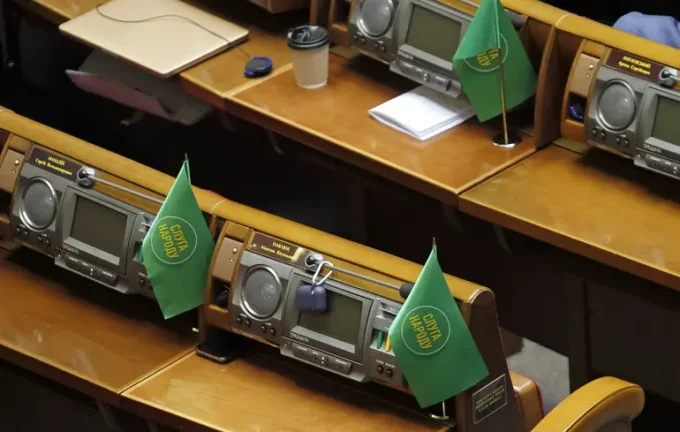Draft Law No. 13423: Does it pave the way for legalizing corruption in Ukraine’s defense sector?

Immediately after its registration in the Verkhovna Rada, the new draft law No. 13423 sparked widespread public and expert concern. Supported by a majority of deputies—specifically 123 out of 126 from the 'Servant of the People' faction—the bill raises serious questions due to its potential to increase corruption risks in the defense industry. Officially, the draft proposes significant amendments to the Criminal and Criminal Procedure Codes, ostensibly to support defense industry enterprises. However, critics argue that it effectively opens the door to amnesty for crimes committed during military contracts. Expert analysis by the Center for Combating Corruption (CCC) highlights that the proposed norms remove criminal liability from officials and suppliers who violated laws when delivering weapons and military equipment, as long as their actions aimed at a 'public beneficial purpose' or were intended to strengthen Ukraine’s defense capabilities. Additionally, the draft stipulates that liability will not be applicable if violations occurred before a company was included in a secret list of defense enterprises controlled by the Ministry of Defense. A key feature is the creation of a 'protective shield'—a kind of immunity—for defense sector companies. Legal entities on the Ministry of Defense's list will be immune from criminal prosecution throughout their inclusion period, regardless of when violations took place. This means that even past crimes can be rendered unpunishable, provided they are somehow linked to defense contracts. Moreover, the bill grants sole authority to the Prosecutor General to enter data about violations into the Unified Register of Pretrial Investigations (URPI), and all decisions regarding detention, searches, or arrests must be approved by him. Another concern is the excessive concentration of power in the hands of the Prosecutor General, which could lead to abuse of authority and politicization of investigations related to defense procurement. CCC warns that such centralized control creates opportunities for misuse and the formation of corrupt schemes that evade public oversight. Furthermore, the bill proposes 'retroactive' amnesty for wrongdoing by suppliers—meaning that companies involved in violations before their inclusion in the official list of defense providers would still be granted immunity if their misconduct occurred during wartime. This creates a perfect environment for corruption, as risks of punishment are minimized even in cases of blatant abuse. Critics argue that this legislation effectively legalizes illicit activities associated with defense procurement, as it facilitates schemes where immunity is purchased, and costs are inflated at will. The CCC emphasizes that the concentration of authority in Prosecutor General’s hands could become a tool for political influence and shielding of corrupt networks. Experts warn that the bill not only jeopardizes transparency in defense procurement but also threatens national security by enabling corrupt schemes with impunity and unchecked administrative control. Civil society activists urge Parliament not to approve this document, citing its potential to foster corruption and erode trust in government institutions and the national defense system.

